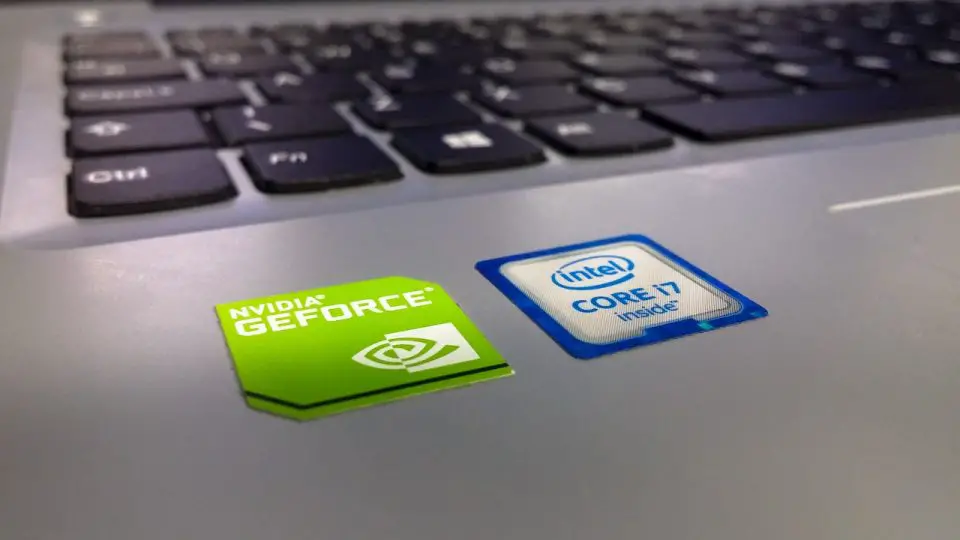In the midst of a robust technology rally during the second quarter, hedge funds have been in a race to capitalize on the soaring market. However, one notable exception emerged – Intel Corporation. The majority of top firms, including Steven Cohen’s Point72 Asset Management LP and David Tepper’s Appaloosa Management LP, sought to divest themselves of Intel stock. This concerted action led to the dumping of more Intel shares by these hedge funds than any other company, excluding mobile device manufacturer Nokia Oyj.
Jim Awad, senior managing director at Clearstead Advisors, weighed in on the situation, emphasizing the significance of this collective decision, stating, “If everyone is selling a stock, that says something.” Awad further opined that superior avenues exist for navigating the tech industry than investing in Intel. The sentiment against Intel was exacerbated as the company terminated its $5.4 billion deal to acquire Tower Semiconductor Ltd. This deal was widely regarded as a linchpin in Chief Executive Officer Pat Gelsinger’s strategy to penetrate the foundry market, currently dominated by Taiwan Semiconductor Manufacturing Co.
Intel did manage to showcase glimpses of a turnaround last month, reporting an unexpected profit for the second quarter and promising to bolster evidence of a resurgence in the latter part of the year. Despite these encouraging signs, Intel’s stock experienced only a modest 3.2% gain for the quarter, securing its position as the third-best performer in the Philadelphia Semiconductor Index. Nevertheless, Intel remains considerably behind its chipmaking counterparts, prompting investors to explore alternative prospects.
Awad underscored the potential lengthiness of Intel’s journey toward competitive product offerings, suggesting that diversifying investments would be a more prudent choice. This dissatisfaction expressed by leading hedge funds serves as an indicator of the market’s stance toward Intel’s nascent turnaround plan and could cast a shadow on the company’s future prospects. It also provides insight into the broader technology sector, reflecting investors’ persistent quest for alternative opportunities throughout the market.
As the technology stock sector experiences a cooling trend in August, the Nasdaq 100 Index has approached the lower boundary of this year’s uptrend channel, registering a 4.8% decline and testing its 50-day moving average. Amid these fluctuations, Tesla Inc. has drawn scrutiny for initiating a second round of price cuts in China, raising concerns of a potential price war. Meanwhile, Apple Inc. has commenced iPhone 15 production in Tamil Nadu, a strategic move to bridge the gap between their Indian and Chinese operations.
The tumultuous economic landscape in China has left its mark on the internet domain, with Tencent Holdings Ltd. reporting revenues that notably fell short of estimates due to mounting economic turbulence and subdued consumer sentiment. In the midst of these challenges, Sea Ltd. witnessed a steep 29% drop, casting shadows over its future in online shopping and gaming leadership.
Looking ahead, a slew of earnings reports is expected to be released, including those from JD.com, OneConnect, Cisco Systems, Synopsys, Wolfspeed, and Avnet. Additionally, the insurance sector has seen an influx of interest as Brookfield, a prominent private equity entity, seeks to diversify its investment portfolio.
The significance of housing costs has been underscored in Nassau County, New York, and Florida, as private equity firms exhibit hesitancy to liquidate holdings amidst escalating interest rates. The unanimity among hedge funds to shed Intel Corporation shares amid the technology rally of the second quarter highlights the skepticism surrounding the chipmaker’s trajectory. As a result, tech giants such as Tesla Inc., Apple Inc., and Tencent Holdings Ltd. stand to benefit from the exodus of investors seeking more promising avenues. As the next wave of earnings reports approaches, Intel’s comparative shortfall against its chipmaking counterparts may well cast a shadow on the latter half of the year.
Source: Bloomberg

